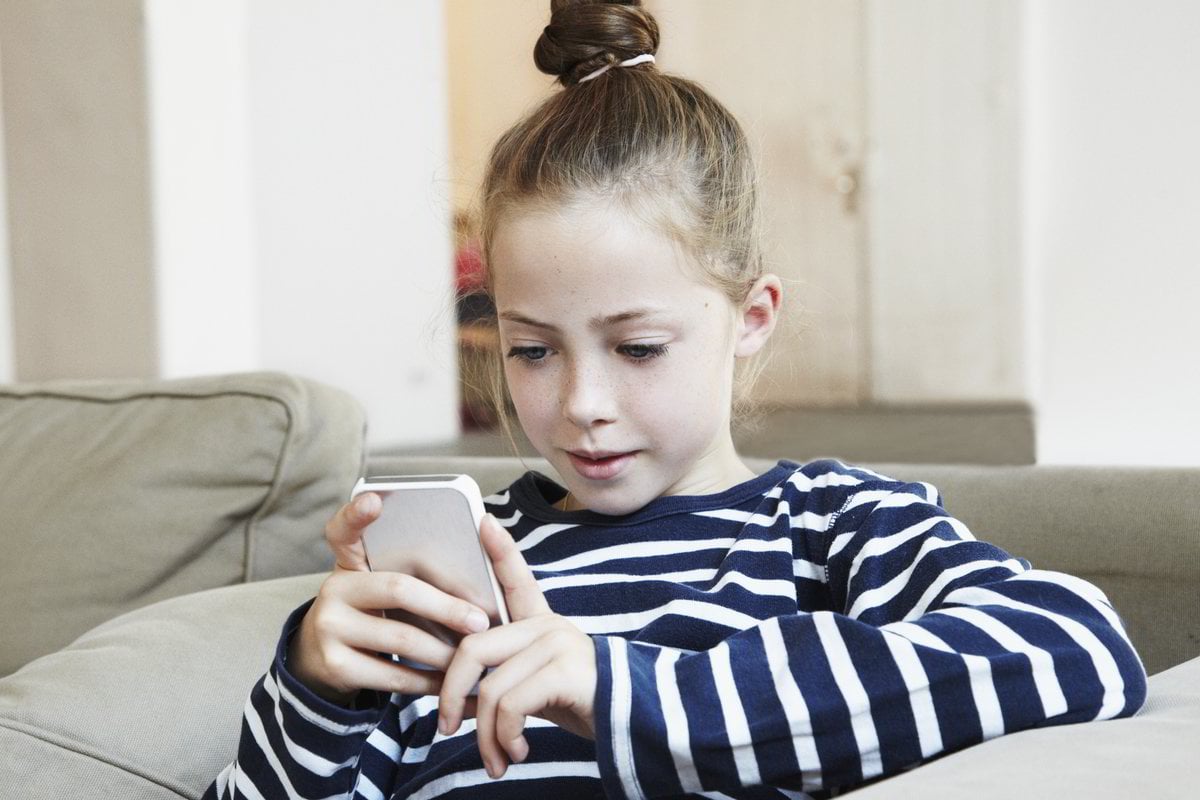
For 24-hour mental health crisis support, please call Lifeline on 13 11 14. A trained crisis supporter is ready to take your call.
If there was ever a time to reconsider children’s online engagement, it’s now. With last week’s invasion of TikTok by a graphic video of 33-year old veteran Ronnie McNutt broadcasting his self-inflicted death, even the most pro-tech of parents have cause to contemplate recalibrating their children’s digital lives.
Not another preachy mum! I can anticipate the objections from many, pointing out that this kind of online travesty is a ridiculously small percentage of otherwise broadly beneficial digital content that is making our world – and our children’s lives - better.
But is it?
Watch: How 'Proud Parent Syndrome' affects your child's cyber-safety. Post continues below.
While no one can deny the convenience and creativity of our digital existence – and it’s difficult to imagine life without connectivity in a pandemic - I have an uncomfortable suspicion that when it comes to preserving childhood, the good things the internet delivers for our children are not outweighed by the bad. Although I don’t have a PhD to evidence this instinct, I do have lived experience as a parent of three, a twenty-year career in the not-for-profit sector including with mental health organisations, and my time to date as a volunteer Crisis Support Worker on a national suicide hotline.

Top Comments